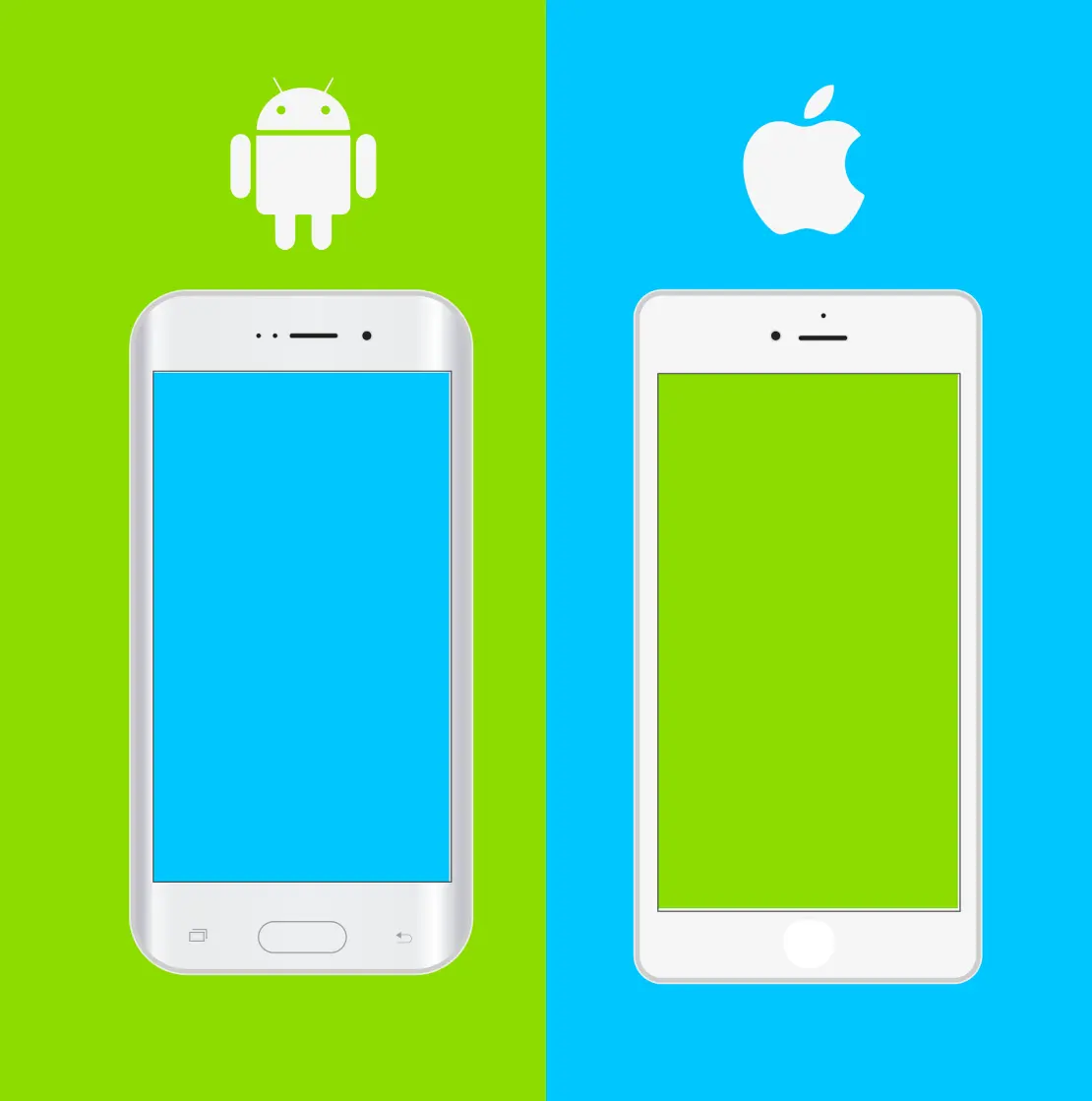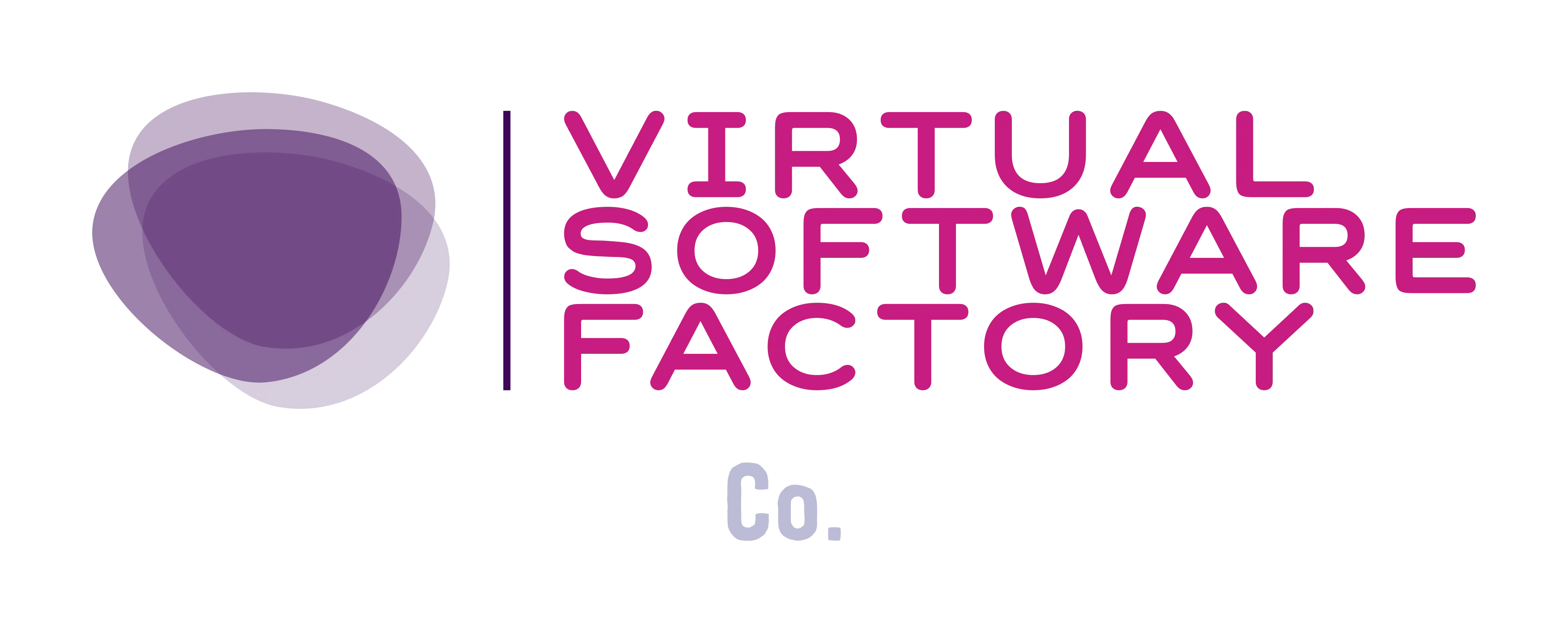21.08.2023- IN BUSINESS
Key features of a successful Service App

In the digital age we live in, mobile apps have revolutionized the way we access services and products. One of the most important and popular categories of apps are service apps, which allow users to request a wide range of services, from transportation of goods, and professional or personal services, to food delivery/shopping and more. In this article, we will carefully explore the most important features that a successful service app must have. From usability to security to personalization, each aspect plays a crucial role in user satisfaction and the overall success of the app.
Intuitive Usability
One of the fundamental characteristics of a successful service application is intuitive usability, which encompasses several key aspects:
- Responsive Design
Responsive design is essential to ensure that the application is accessible and usable on a wide range of devices and screen sizes. A responsive design not only adjusts to different resolutions, but also considers the touch and navigation capabilities of each device.
- Simplified Registration Process
A simplified registration process is critical to attracting new users and retaining existing ones. Successful applications often allow users to register using their social media accounts or email addresses, thus avoiding the hassle of creating a new username and password. In addition, it is important that the application guides users clearly through the registration process and provides concise instructions.
- Intuitive Navigation
Navigation within the application must be logical and easy to understand. A clear menu and consistent page structure are crucial to help users find what they need effortlessly. In addition, effective search functions and proper organization of content are elements that contribute to a smoother user experience.
Customization
Customizability is another vital feature in a service application. Users appreciate the ability to tailor the application to their individual preferences and needs, which is achieved through various features:
- User Profiles
Offering complete and detailed user profiles allows users to store personal information such as delivery addresses, preferred payment methods, and meal preferences. This significantly speeds up ordering and improves the overall user experience by reducing the need to repeatedly enter information.
- Order History
Maintaining a complete and accessible order history is beneficial for both users and the application. Users can easily track their past activities, which is useful for repeating orders or remembering past preferences. For the application, the order history also provides valuable information about user behavior and can be used to provide personalized recommendations.
- Personalized Recommendations
Implementing sophisticated recommendation algorithms significantly improves the user experience by offering suggestions based on their usage history and preferences. This not only increases user retention but also boosts conversions and customer lifetime value. Personalized recommendations can range from product or service selection to tailoring special offers and promotions.
Security and Privacy
Security and privacy are critical aspects of any service application. Users must feel secure when providing personal and financial information to the application. To ensure this, it is essential to consider the following:
- Secure Payment Processing
The application must have robust security measures in place to protect users' financial information. The use of advanced encryption technologies and compliance with security standards, such as PCI DSS (Payment Card Industry Data Security Standard), is a must. In addition, the application must ensure that payment data is securely stored and properly disposed of when no longer needed.
- Transparent Privacy Policy
Transparency about data collection and use is essential. The application should provide users with a clear and accessible privacy policy that explains what data is collected, how it is used, and with whom it is shared, if applicable. Obtaining informed consent from users for the collection and processing of their data is critical.
- Two-Factor Authentication (2FA)
Offering the option of two-factor authentication (2FA) is an additional layer of security that can effectively protect user accounts from unauthorized access. By implementing 2FA, the application adds an additional layer of protection beyond traditional passwords, providing users with peace of mind and reducing the risk of hacking attacks.
 Effective Communication
Effective Communication
Effective communication between the application and users is essential to provide good service and foster customer loyalty. Additional aspects of this important aspect are detailed here:
- Relevant Notifications
Notifications should be relevant and timely. The application should send updates on order status, important service changes, or relevant information based on user preferences. Untimely or irrelevant notifications may be annoying and lead to the uninstallation of the application.
- Customer Support
An efficient customer support system is essential to ensure that users can resolve problems and ask questions quickly and easily. This can include live chat, customer service hotlines, and online help resources. The ability to provide real-time assistance and resolve issues efficiently can make a difference in user satisfaction.
- Feedback and Ratings
Allowing users to provide feedback and ratings is a valuable way to collect comments that can be used to improve the application. User comments are an invaluable source of information about areas that need improvement and can also influence other users' decisions to download and use the application. Actively encouraging feedback and responding effectively to comments demonstrates a genuine commitment to user satisfaction.
Development Platforms for Service Applications
When developing service applications, it is crucial to choose the right platforms to reach the widest possible audience. The two most important development platforms on both Android and iOS are:
Android
1. Android Studio: Android Studio is the official integrated development environment (IDE) for the Android platform. It offers a wide range of tools and resources that facilitate the creation of high-quality service applications for Android devices. It also supports a variety of programming languages, allowing developers to choose the one that best suits their needs.
2. Kotlin: Kotlin has become the programming language of choice for Android application development. It offers significant advantages over Java, including a more concise and secure syntax, making it a popular choice among Android service app developers.
iOS
1. Xcode: Xcode is the leading IDE for iOS and macOS application development. It provides a complete set of development tools, a powerful code editor, and the ability to debug and test applications on real devices or emulators. Xcode is essential for creating high-quality service applications for Apple devices.
2. Swift: Swift is the recommended programming language for iOS application development. It is known for its speed and security, making it a solid choice for developing service applications on the iOS platform. Swift integrates seamlessly with Xcode, making it easy to create effective and efficient apps.
Hybrid mobile application development
Hybrid mobile app development involves creating apps that run on multiple platforms, such as Android and iOS, using a common set of web technologies (HTML, CSS, and JavaScript) and a single code base. Instead of developing separate native apps for each platform, developers can leverage frameworks and tools that allow them to create a single app that runs on multiple operating systems. This can be beneficial for service applications that want to reach a wide audience without having to maintain two different sets of code.
One of the most popular platforms for hybrid mobile app development is React Native, which is maintained by Facebook. With React Native, developers can write code in JavaScript and React, and then use it to create native apps for both Android and iOS. React Native offers a wide variety of pre-built components that translate into native UI elements, resulting in high-quality performance.
Another option is Flutter, which is developed by Google. Flutter uses the Dart programming language and offers a set of customizable widgets that can be used to create attractive and consistent user interfaces on both platforms. Flutter stands out for its ability to provide a fast and fluid user experience.
Advantages of hybrid development:
1. Less development work: Using a single code base for multiple platforms saves time and resources compared to separate native development.
2. Fast time to market: Hybrid development can accelerate time to market, allowing the application to get to market faster.
3. Ease of maintenance: Maintaining a single code base is easier than maintaining two separate native code bases.
4. Access to plugins and libraries: Hybrid development frameworks often provide access to a wide variety of plugins and libraries that can extend the functionality of the service application.
5. Reuse of skills: If you already have experience in web development with technologies such as HTML, CSS, and JavaScript, you can reuse those skills in hybrid development.
However, it is important to keep in mind that hybrid development is not the best option for all applications. Some applications with very high-performance requirements or that need access to device-specific features may benefit more from native development. In addition, while hybrid apps tend to be easier to maintain than native apps, they may still require periodic tuning and updates.
In the context of service applications, hybrid development can be a viable option, especially if you want to reach a wide audience and have limited resources for native development on both platforms. The choice between native and hybrid development will depend on your specific needs and the features you want to offer in your service application.

What is the difference between hybrid and native development?
Hybrid mobile app development and native development are two different approaches to creating apps for mobile devices, each with its own characteristics and advantages. Here I will explain the main differences between the two approaches:
Native Development:
1. Platform-specific programming language: In native development, platform-specific programming languages are used. For example, for iOS, Swift or Objective-C is used, and for Android, Java or Kotlin is used.
2. Native tools: Developers use the native development tools and environments provided by Apple and Google, such as Xcode for iOS and Android Studio for Android.
3. Optimal performance: Native applications usually offer the best possible performance, as they are fully optimized for the platform on which they run. This is especially important for applications that require high performance, such as games and augmented reality applications.
4. Full hardware access: Native development allows full and direct access to all device features and hardware, such as the camera, GPS, and sensors, enabling deep integration and greater control.
5. Consistent user experience: Native applications integrate seamlessly with the operating system and follow platform-specific design guidelines, ensuring a consistent and familiar user experience.
6. Increased complexity and cost: Developing native applications for multiple platforms involves writing and maintaining two separate sets of code, which can be more costly and time-consuming.
7. Separate updates: Updates and bug fixes must be performed separately for each platform, which can delay the delivery of new features and bug fixes.
Hybrid Development:
1. Common web technologies and programming languages: In hybrid development, standard web technologies such as HTML, CSS, and JavaScript are used, along with frameworks and libraries such as React Native or Flutter.
2. Single code base: One of the main advantages of hybrid development is that a single code base can be written and shared across platforms, reducing duplication of effort.
3. Adequate performance: Although the performance of hybrid applications has improved significantly in recent years, it may not reach the performance level of native applications in some situations, especially in very graphics- or processing-intensive applications.
4. Access to plugins and libraries: Hybrid development platforms often offer access to a wide variety of plugins and libraries that can extend the functionality of the application.
5. Ease of maintenance: Maintaining a single code base is easier than maintaining two separate native code bases, which can reduce long-term costs.
6. Faster development time: Hybrid development often allows for faster development time, as much of the code is shared between platforms.
7. Consistent user experience: Hybrid development tools often offer the ability to create a consistent user experience across different platforms, although it may require adjustments to fully conform to native design guidelines.
The choice between native and hybrid development depends on several factors, including available resources, performance needs, and application-specific features. Each approach has its advantages and challenges, so it is important to carefully evaluate which is the best option for your project.
Tell us on our social networks, how did you like this article?

